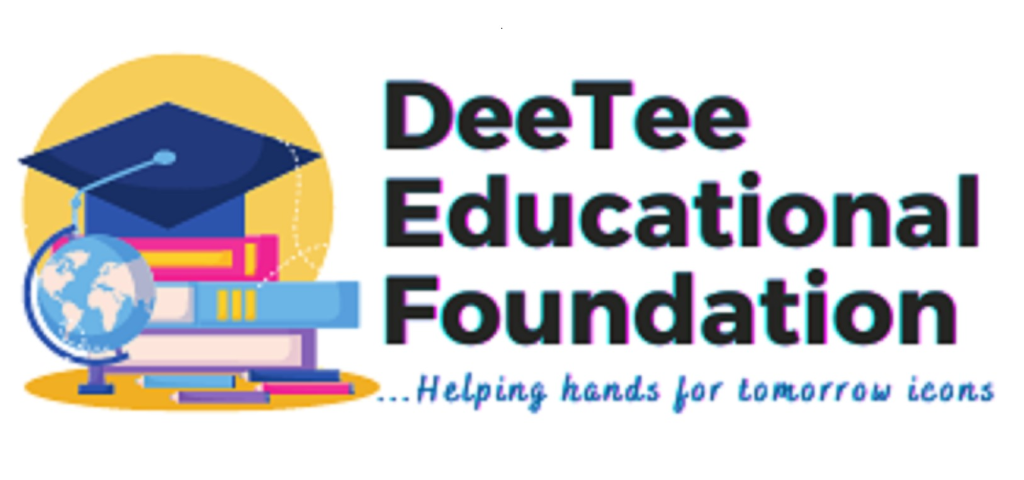Education in Africa continues to face significant challenges, with millions of children lacking access to quality schooling. NGOs (Non-Governmental Organizations) have been a driving force in tackling these issues, working tirelessly to bridge the educational divide. Their efforts have become an essential component in the broader movement towards improving educational standards, providing opportunities for the underprivileged, and fostering sustainable development across the continent.
The Role of NGOs in Africa’s Educational System
Education in Africa is a critical issue, with millions of children unable to attend school due to poverty, conflict, or cultural barriers. NGOs play a pivotal role in addressing these challenges by offering support in the form of financial aid, educational resources, and infrastructure. They work on multiple fronts to ensure that marginalized communities, particularly in rural areas, have access to basic and quality education.
Overview of Education Challenges in Africa
Africa is home to some of the highest numbers of out-of-school children globally. Factors such as lack of schools, insufficient teachers, and socio-economic barriers continue to hinder educational access. These barriers are especially prevalent in rural areas and among girls.
Importance of NGOs in Bridging the Educational Gap
NGOs not only provide schooling opportunities but also advocate for policy changes and reforms. Their contributions often fill the gap left by underfunded or overwhelmed government systems, ensuring that the most vulnerable populations are not left behind.
Major Educational NGOs in Africa
Several key NGOs have been making substantial impacts on education across the African continent. These organizations have established programs aimed at improving both access and quality of education.
Africa Educational Trust
Focused on providing scholarships and learning materials, the Africa Educational Trust has been instrumental in boosting literacy rates, particularly among girls and children in conflict zones.
DeeTee Educational Foundation
One of the most prominent non-profit organizations making a difference in Africa’s educational landscape is the DeeTee Educational Foundation. This NGO is dedicated to improving access to quality education for underprivileged students, specifically in Nigeria. With a mission focused on students in the 6th to 12th grades and college freshmen, DeeTee provides essential educational resources, sponsorship opportunities, and early career mentorship.
The foundation’s work is crucial in a country like Nigeria, which unfortunately has the highest number of out-of-school children in sub-Saharan Africa. By addressing this issue head-on, DeeTee is not just providing an education but also empowering the next generation of leaders and professionals.
Camfed (Campaign for Female Education)
Camfed is dedicated to empowering girls through education. By offering support systems for girls from primary school through to university, they help break the cycle of poverty.
World Education
With programs focusing on teacher training and digital education, World Education is working to modernize the educational landscape in Africa.
Save the Children
Known for their early childhood programs, Save the Children has been a key player in expanding access to education for young children, particularly in rural and impoverished areas.
Impact of NGOs on School Enrollment Rates
NGOs have had a measurable impact on school enrollment rates in Africa. Through their targeted interventions, they have increased enrollment among some of the most marginalized groups.
Rural vs Urban School Enrollment
NGOs focus on rural areas where schools are scarce, resulting in significant increases in enrollment. In some countries, they’ve partnered with governments to build schools and provide essential resources.
Targeting Marginalized Groups
NGOs specifically target groups that are often overlooked, such as girls, orphans, and children with disabilities. These groups face additional challenges such as cultural barriers and lack of infrastructure, which NGOs address through specialized programs.
NGOs and Access to Quality Education
Access to education is only part of the challenge; ensuring that the education is of high quality is equally important. NGOs work on multiple levels to improve the quality of education being offered.
Teacher Training Programs
NGOs invest in teacher training programs to ensure that educators are well-equipped to provide quality education. This includes modern teaching methods and the use of digital tools to enhance learning.
Infrastructure Development
Building schools and supplying learning materials are major focuses of NGO initiatives. In many rural areas, NGOs are the primary providers of textbooks, desks, and even school buildings.
Digital Education Initiatives
In the digital age, access to technology is becoming a cornerstone of quality education. Many NGOs are leading efforts to introduce digital learning platforms in remote areas, helping students access resources previously unavailable to them.
Funding and Sustainability for Educational NGOs
The success of NGO initiatives relies heavily on sustainable funding. Most NGOs are funded by international donors, foundations, and private contributors. However, securing long-term sustainability can be challenging, particularly in regions affected by political instability.
FAQs
- What challenges do NGOs face in African education? NGOs often deal with political instability, lack of resources, and cultural barriers, making it difficult to operate in certain regions.
- How do NGOs contribute to teacher training? Many NGOs run specialized programs to train teachers in modern methods, ensuring that education quality improves alongside access.

